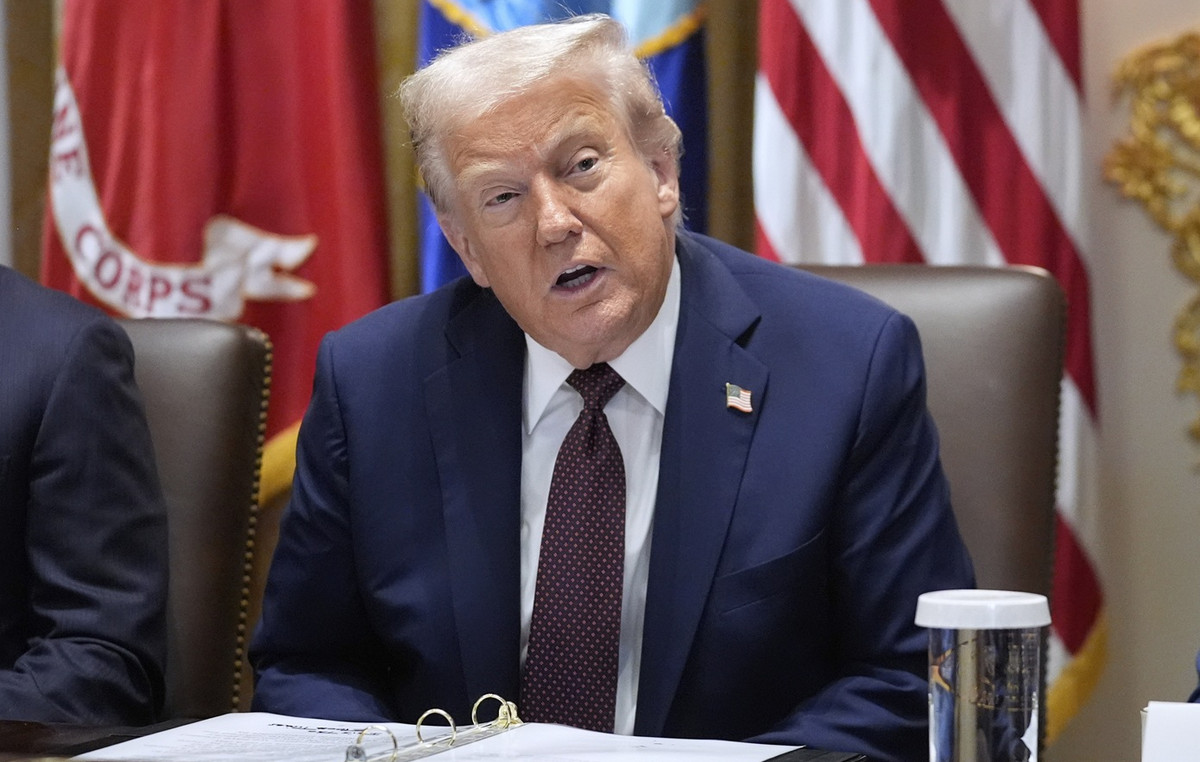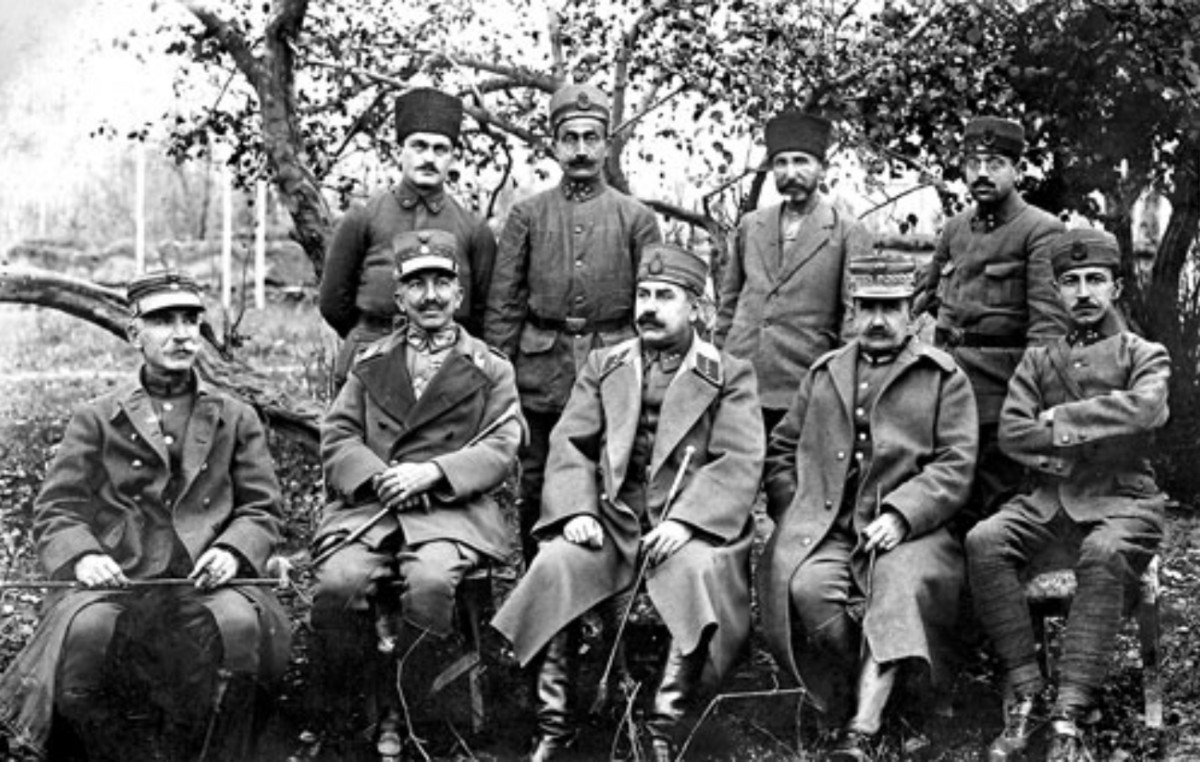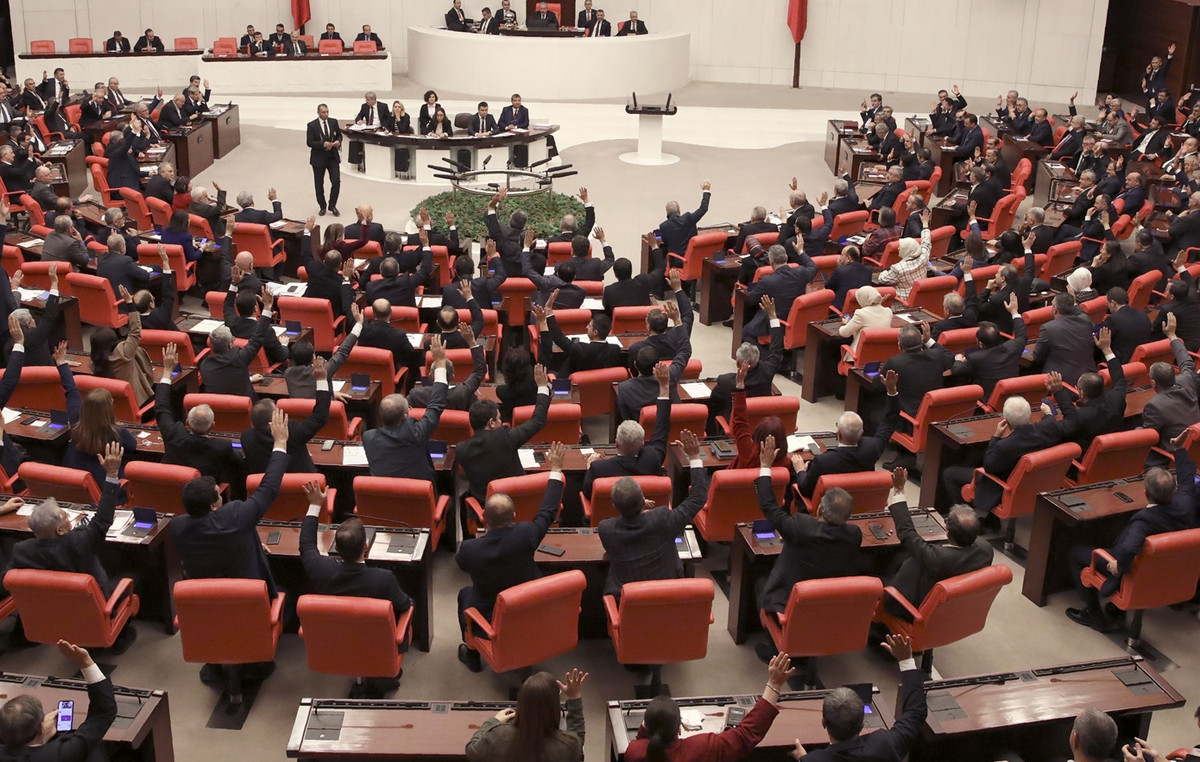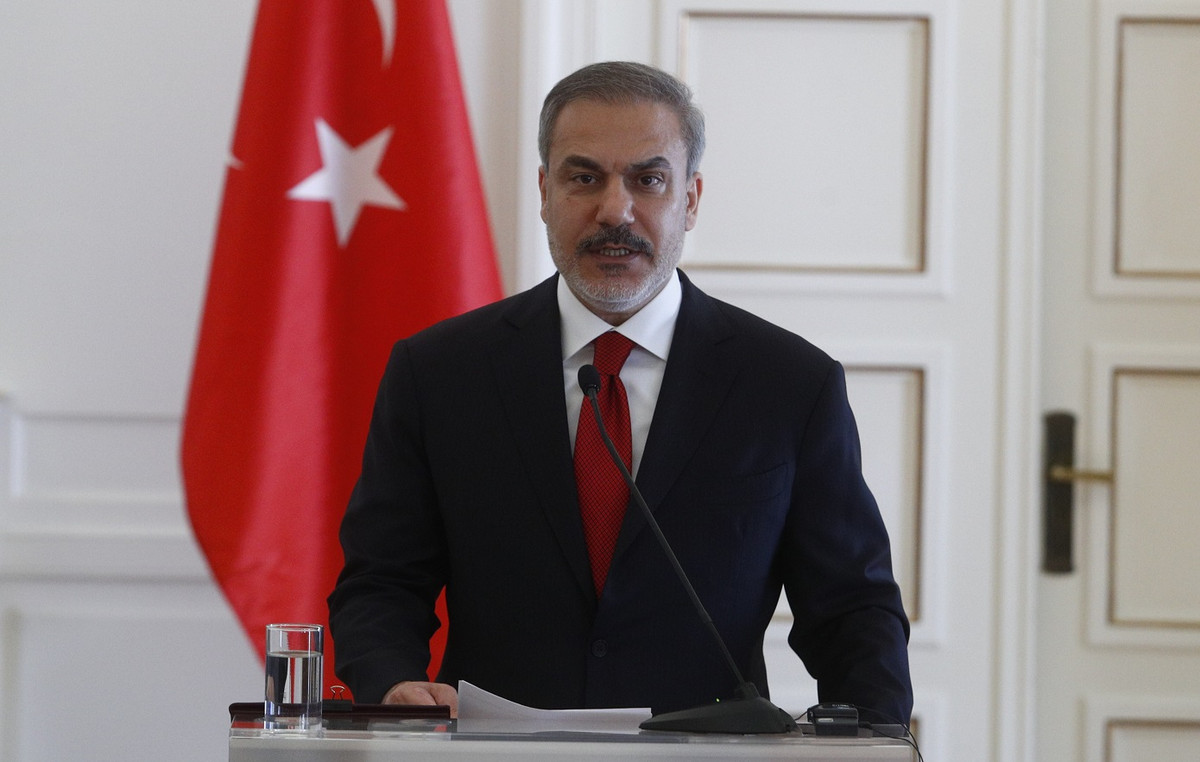A military operation in Syria against remaining supporters of the Old Assad regime ended, having triggered some of the worst violence seen in the country in years.
Hundreds of people were killed in repression and fighting between the security forces and the supporters of former President Bashar Al-Assad since Thursday (6).
What began as clashes between loyal armed groups to Assad and forces loyal to the new Syrian regime quickly turned into community murders, with a war monitor stating that at least 779 people were killed.
Testimonials of witnesses and videos verified by CNN They showed government supporters by performing field executions, with some talking about “purifying” the country. Check out what you know about the episode:
Why did violence occur again?
Violence occurred where the former ruler Assad, an Alauite leader, obtained most of his support.
Alauítas are a minority Shiite Muslim group that lives predominantly in Syria of the Sunni majority. The group Assad, members of the group, ruled Syria for over half a century until Bashar was deposed in December by Sunni Islamic fighters who sought to reshape the country’s political and sectarian order.
Throughout the Assad government, the Alauite group became increasingly linked, in the eyes of its opponents, to the atrocities committed by the regime during the Syrian civil war.
Syrian interim president Ahmad al-Sharaa, who has already led the group linked to Al Qaeda who overthrew Assad late last year, promised previously political equality and representation to groups of the various ethnic and religious populations of Syria.

The fragility of New Syria was, however, revealed by the events of the last days. On Thursday (6), Syrian state news agency Sana reported deadly clashes between the forces of the Syrian government and pro-Assad groups in the Latakia Coastal Province.
Sana reported that “remnants of Assad militia groups” attacked control and government patrols, killing and hurting many people.
Over the weekend, the operation against the loyals ASSAD became community murders. Armed men linked to the new regime performed field executions and spoke of purifying the country, according to witnesses and videos verified by CNN .
The Syrian Network for Human Rights (SNHR), headquartered in the United Kingdom, said on Monday (10) that, among the 779 dead, “non-state armed groups” loyal to Assad were responsible for the deaths of 383 people, including 172 members of the State Security Forces and 211 civilians.
Government forces and affiliated groups were responsible for the deaths of at least 396 people, including “unarmed civilians and militants,” according to SNHR.
How did the new Syrian regime react?
Sharaa blamed violence to the remnants of Assad’s forces, claiming that they were trying to incite sectarian conflicts.
On Sunday (9), he said that his government would be responsible for anyone involved in civilian deaths during heavy fighting. Sharaa had previously described violence as “expected challenges.”

The interim Syrian government has promised to form an independent committee to “investigate and investigate the facts” and send a presidency report in 30 days.
The committee “will discover the reasons, circumstances and conditions that have led to these events,” said a statement from Syria’s interim presidency, adding that “it will investigate the violations committed against civilians and identify those responsible.”
He will also “investigate attacks on public institutions, security forces and military, and determine liability.” Those considered guilty will be sent to the judiciary, he added.
In an interview with Reuters on Monday (10), Sharaa said “Syria is a rule of law.”
“The law will follow its course for everyone,” he told Damascus Reuters.
Sharaa blamed the outbreak of violence in an old loyal military unit to Assad’s brother and an unspecified foreign power, according to the agency. The president also said that, in response, “many parts entered the Syrian coast and many violations occurred,” Reuters said.
“It has become an opportunity for revenge,” added Sharaa.
How did the international community react?
Syrian murders threaten Sharaa’s efforts to end the country’s isolation and rebuild diplomatic ties that could relieve imposed sanctions since Assad’s government.
The former jihadist who became president repeatedly said to the Western media that he foresees an inclusive Syria and promised to avoid murders for revenge and sectarian violence.
Several countries have condemned conflicts in the strongest terms.
The United States reported on Sunday what they said to be “radical Islamic terrorists, including foreign jihadists, who murdered people in western Syria in recent days.”

Secretary of State Marco Rubio said the US supports religious and ethnic minorities in Syria and that “the interim authorities must hold the perpetrators of these massacres responsible.”
The European Union, which last month removed some restrictions on Syria to “support an inclusive political transition”, also condemned recent violence, saying that “civilians must be protected in all circumstances, in total respect for international humanitarian law”.
The block also asked “all external actors to fully respect the sovereignty, unity and territorial integrity of Syria.”
What is the role of foreigners in this?
After the Syrian Civil War for over a decade, regional actors and world powers – including Saudi Arabia, Iran, USA, Russia, and Turkey – disputed influence, intensifying conflict for what some observers described as a “war by proxy.”
The Islamic State also managed to establish itself in the country before suffering significant blows.
Syria has been home to several foreign combatants over the years. It is unclear how many remain.
Several videos appeared on social networks showing trains of armed men in vehicles before violence, with some talking about foreign Arab dialects.
As the most recent violence arose, several foreign powers also exchanged accusations.
Turkey, which obtained significant gains from Syria after Assad’s fall, had warned Iran against attempts to destabilize Syria in comments that later led Tehran to summon the Turkey Ambassador, Reuters said, quoting state TV.
Speaking of a press conference on Sunday in Amman, Turkish Foreign Minister Hakan Fidan said there was an “effort to derail the Syrian government’s week policy of not reacting to provocations,” according to state news agency Anadolu.
“We are, of course, committed to fully supporting the newly formed government in Syria and supporting all its efforts to stabilize the country,” he said.
What happens next?
It is unlikely that the effects of recent bloodshed will disappear, experts said, especially since the triggers of violence are deeply rooted in the past of Syria.
Unless central issues are addressed by the government – including political participation and unequal living conditions across the country – Syria may not recover from sectarian conflicts in progress, according to analysts.

“Syria has gone through over 13 years of horrible and debilitating conflict that created the type of social cracks, anger, fury, thirst for revenge among many who simply won’t disappear realistically for a long time,” said Charles Listter, senior researcher and head of the Syria initiative at the Middle East Institute in Washington, DC, CNN.
He believed that pro-Assad insurgency will also hardly disappear completely.
The future of Syria over Western countries may also depend on the new government’s ability to deal with recent events and ensure liability, other experts said.
In the interview with Reuters, Sharaa acknowledged that the violence of the last days “will impact” the attempt to unite Syria, but promised to “rectify the situation as much as we can.”
Haid Haid, a Syrian columnist and consultant of the Middle East and North Africa program at the Think Tank Chatham House in London, said many of Syria’s next steps will depend on Sharaa to blame everyone involved in violence.
“Dealing with the root causes of the problem, at least some of them will be crucial,” Haid said, including ensuring that the Alauíta community does not feel marginalized.
Some alauitic residents who fled the coastal areas of Syria amid the clashes CNN This Monday they are very afraid to return to their homes, despite the government’s announcement that the military operation is over.
It is not yet known how Western countries perceive Syria’s transitional period after violence. Lister said that although recent events could exacerbate US skepticism about the new Syrian government, European countries are eager to see the interim regime stabilize the country.
“From Europeans, we are listening to a very different language, obviously criticism and concerns about civilians’ murders, but also reinforcing the idea that the interim government needs to stabilize,” he said.
Regional actors also demonstrated support for the survey of sanctions, despite the violence.
On Sunday, Turkey, Jordan, Iraq, and Lebanon held a meeting with Syrian authorities in Amman, where they asked Syria’s survey “to increase their capabilities to rebuild the country and meet the needs of the Syrian people,” according to a joint statement.
Haid added that, to move on, Syria should not isolate “the safety incidents of the broader, fragile and worse context.”
“Addressing what is happening only through security measures will not be enough, even if they can prevent these attacks in the near future,” he said. “The root causes will remain there.”
This content was originally published in The Known About the Worst Violence in Syria since the Fall of Assad on CNN Brazil.
Source: CNN Brasil
Bruce Belcher is a seasoned author with over 5 years of experience in world news. He writes for online news websites and provides in-depth analysis on the world stock market. Bruce is known for his insightful perspectives and commitment to keeping the public informed.







